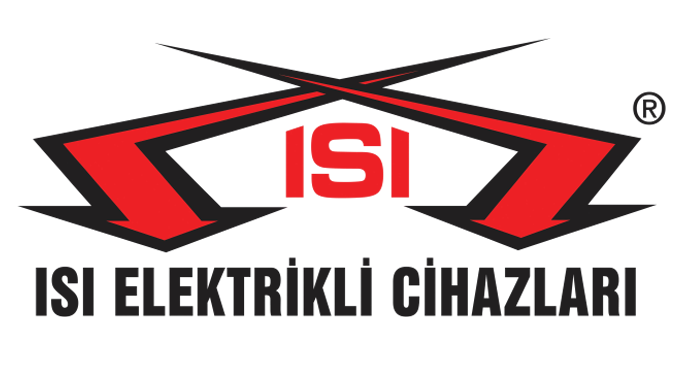Heaters in the Chemistry Sector
The chemical industry is a field where a wide range of chemical reactions takes place, raw materials are transformed, and various products are synthesized. These processes are generally conducted under specific temperature conditions. The reaction rate, product quality, and efficiency are affected by temperature. Therefore, temperature control is critical in the chemical industry, and this is where heaters come into play.Technical Specifications of Chemical Heaters
- Heating Power: The amount of heat the heater can generate within a specific time period.
- Temperature Range: The minimum and maximum temperature range within which the heater can operate.
- Material: The material used in the construction of the heater affects factors such as chemical resistance, thermal conductivity, and electrical properties.
- Size and Shape: The dimensions, shape, and geometry of the heater should be suitable for a specific application.
- Mounting Type: Heaters may have different mounting types such as direct mounting, flange mounting, or screw mounting.
- Control System: Heaters are generally used with a control system which may include temperature control, safety features, and automatic adjustments.
- Protective Features: Heaters typically have protective features against situations like overcurrent, overheating, and short circuits.
- Application Area: The selection of appropriate materials and protective features should consider the characteristics of the environment where the heater will be used.
Types of Heaters Used in the Chemical Sector
- Tubular Heaters: Widely used for heating chemical reactions and temperature control.
- Immersion Heaters: Used for heating liquids or temperature control in chemical baths.
- Tank Heaters: Used for heating chemical storage tanks and maintaining the temperature of liquids inside.
- Plate Heaters: Used in industrial furnaces, dryers, and other heating equipment.
- Solid State Heaters: Used in applications requiring high temperatures and precise control.
- Heating Band and Cable Heaters: Used for heating pipeline or tank systems.
- Gas Burner Heaters: Used for large-scale industrial furnaces and boilers.
- Carbon Dioxide Heaters: Used for liquefying carbon dioxide (CO2) gas.
Technical Details to Consider in the Selection of Chemical Heaters
- Operating Temperature Range: The operating temperature range of the heater must be compatible with the required temperature range for a specific chemical process or application. The heater should reliably operate within this range.
- Chemical Resistance: The material of the heater should be resistant to the chemicals it will be exposed to. The heater's material should withstand chemical reactions, acids, bases, or other aggressive substances.
- Heating Power: The heating power generated by the heater should match the heating amount required for a particular process or application. Sufficient heating power enhances process efficiency.
- Mounting and Compatibility: The mounting type and size of the heater should be compatible with the equipment or system it will be used with. Proper mounting of the heater ensures efficient and safe operation.
- Control Options: The control options of the heater should enable precise control of the process temperature. Features like automatic control, temperature sensors, and thermostats ensure that the process operates according to desired parameters.
- Safety Features: The heater's safety features should include protections against overheating, overcurrent, and short circuits. These features enhance operational safety and prevent equipment damage.
- Longevity and Durability: The heater should have a long lifespan and require low maintenance while being durable. Long-term performance reduces operating costs and ensures uninterrupted production.
- Cost-Effectiveness: The cost of the heater should be in line with its performance and features. A lower-cost heater may lead to higher maintenance and operating costs in the long run.
Chemical Industry Heaters

-500x500.jpg)
-500x500.jpg)
-500x500.jpg)
-500x500.jpg)
-500x500.jpg)
-500x500.jpg)